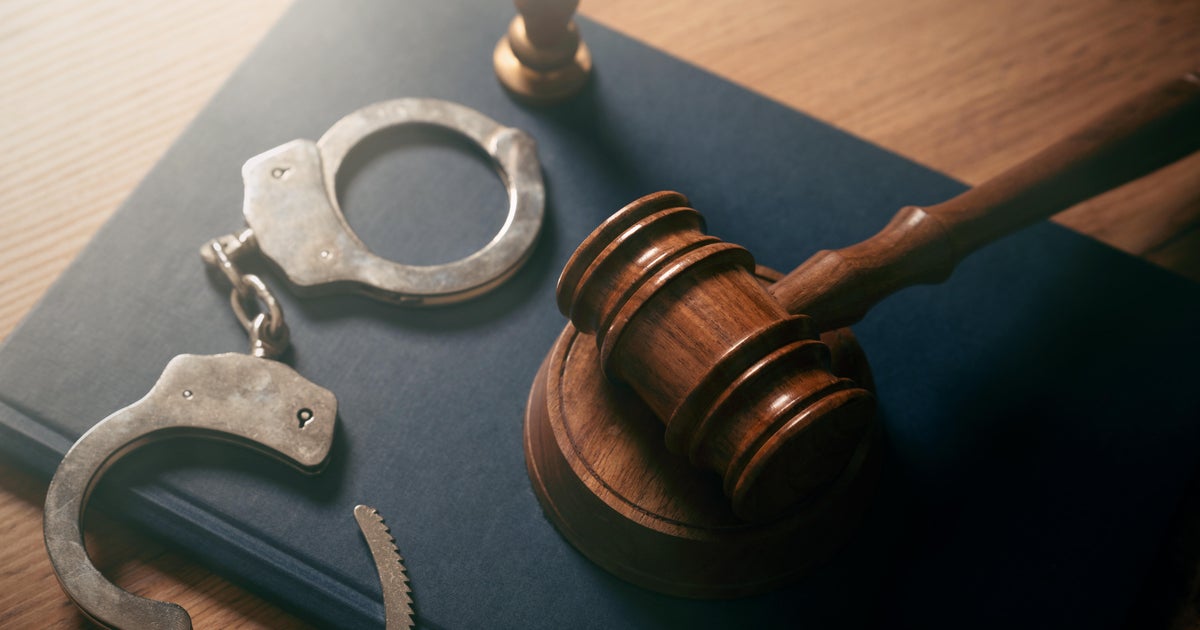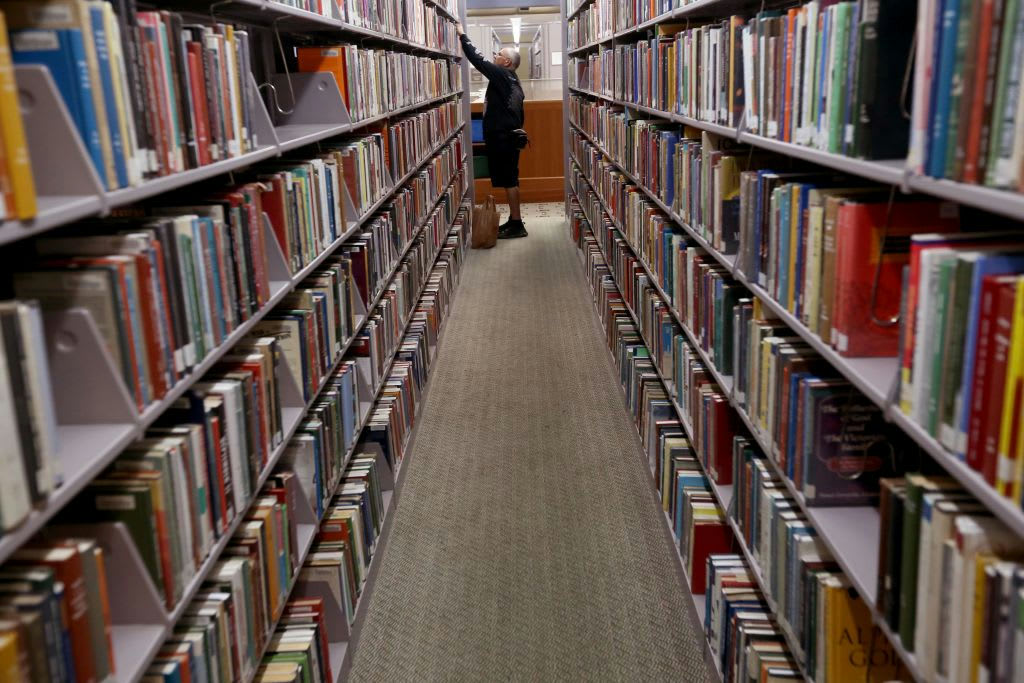Hundreds of books pulled from Florida school libraries — including novels by Kurt Vonnegut, John Green and Toni Morrison
A 35-page list compiled by the Florida Department of Education outlines hundreds of books banned across the state's 73 school districts during the 2023-2024 academic year.
The report lists the titles and authors of the books, and what grade levels the book was removed from, but does not detail why a book was discontinued. Under HB 1069, a 2023 law that bans Florida schools from having books that depict or describe "sexual conduct" or "is inappropriate for the grade level and age group for which the material is used," library books can be removed in response to an objection raised by the parent of a student or a resident of the county where the district is located. Once a complaint is made, the books must be reviewed before they can be returned to the shelves or permanently removed.
Some districts had no books removed, while others saw dozens or even hundreds of titles pulled from their shelves. Some of the removed books included entries in popular series like George R.R. Martin's "A Song of Ice and Fire" saga and Cecily von Ziegesar's "Gossip Girl" novels. Well-known authors like John Green, Jodi Picoult, Stephen King, Nicholas Sparks and Sarah J. Maas also saw their books pulled from shelves.
Classic novels by authors including Toni Morrison, Kurt Vonnegut and Ayn Rand were also removed, along with Margaret Atwood's "The Handmaid's Tale." More recent teen reads, including "Thirteen Reasons Why" by Jay Asher, "The Perks of Being A Wallflower" by Stephen Chbosky and "Speak" by Laurie Halse Anderson, were also pulled from libraries.
Commonly challenged books like "All Boys Aren't Blue" by George M. Johnson, "Fun Home" by Alison Bechdel, and "Felix Ever After" by Kacen Callender were also removed from libraries in multiple districts. The graphic memoir "Gender Queer," by Maia Kobabe, which is one of the most banned books in the country, was also among the books removed.
Florida continues to lead the country in removingbooks from school libraries, according to analyses by the American Library Association and the advocacy group PEN America.
"A restriction of access is a restriction on one's freedom to read," PEN America Freedom to Read Program Director Kasey Meehan told CBS Miami. "Students lose the ability to access books that mirror their own lived experiences, to access books that help them learn and empathize with people who … have different life experiences."
Multiple publishers, authors and district residents have sued Florida over the law, saying that it violates the First Amendment and has created "a regime of strict censorship" in schools.
The Florida Department of Education has called the lawsuit a "stunt." A spokesperson for the department told CBS News in August that there "are no books banned in Florida."
The law "is not protecting children when it comes to books like mine," "Speak" author Anderson said in August. The critically-acclaimed novel is about a teenager's coming to grips with her sexual assault. Another novel by Anderson, "Wintergirls," about recovering from an eating disorder, was also on the list of removed books.
"Parents can say, 'No, I don't want my child to read that,'" Anderson continued. "... That's their choice for their kid. But what they don't have the right to do is decide for other people's children."



